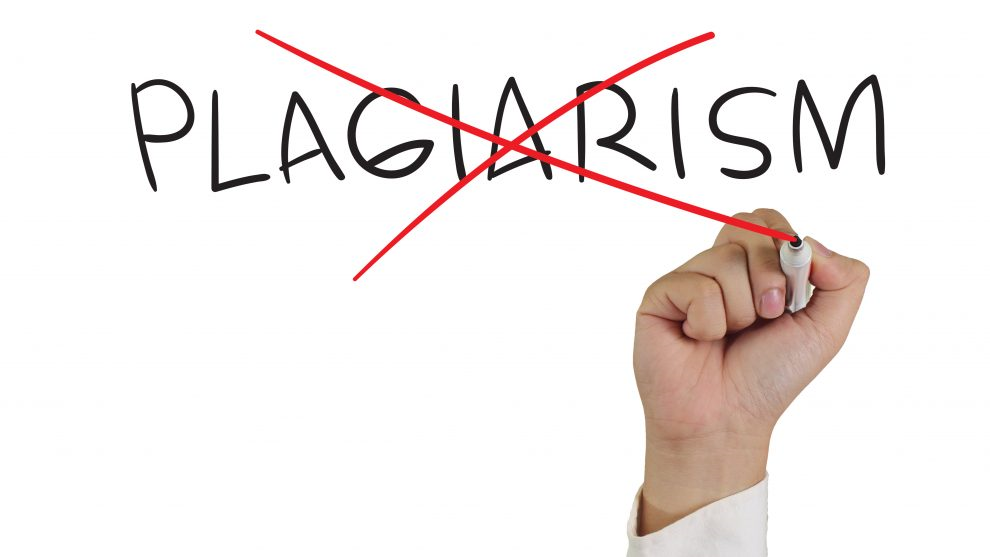When it comes to plagiarism, there are a lot of gray areas. What is considered plagiarism? Is it only stealing someone’s words and passing them off as your own? Or does plagiarism also include stealing someone’s ideas? This is a question that has been debated for years, and there is no clear answer. However, when it comes to programming, the issue of plagiarism becomes even more complicated.
1. What is plagiarism and why is it a problem in the programming world specifically
Plagiarism is the act of taking someone else’s work and passing it off as your own. This can be done with code, comments, or documentation. Plagiarism is a problem in the programming world for several reasons. First, it can lead to errors in code if the programmer doesn’t fully understand the code they’re using. Second, it can result in copyright infringement if the original author of the code hasn’t given permission for their work to be used.
2. How to avoid plagiarism when writing code
When you’re writing code, it’s important to avoid plagiarism. Plagiarism is the act of using someone else’s code without giving them credit. This can be a serious problem, as it can lead to legal trouble and damage your reputation. Here are five steps you can take to avoid plagiarism when writing code:
- Cite your sources and use a plagiarism checker. If you use someone else’s code, make sure to give them credit. Include a comment in your code that includes their name and the URL of the original source. Any plagiarism checker for students can help you avoid accidentally plagiarizing someone’s work, on top of ensuring that you’re citing your sources properly. Plus, it’ll help you avoid any potential legal trouble. This can be quite helpful if you’re not sure how to avoid plagiarism when writing code.
- Get permission. If you’re going to use someone else’s code in a project, it’s best to get their permission first. This way, they can’t accuse you of plagiarism later on.
- Don’t modify someone else’s code. If you need to make changes to someone else’s code, it’s best to create a new file with your own modifications. That way, there’s no risk of accidentally copying their original code.
- Use a style guide. When you’re writing code, it’s important to follow a consistent style. This will help you avoid plagiarism, as it will be clear which parts of the code are your own and which parts are borrowed from someone else.
3. The consequences of plagiarism for programmers

As you already know, plagiarism is a serious offense in the programming world. Not only does it violate copyright laws, but it can also lead to lost wages and even prosecution. Plagiarism occurs when someone copies another person’s code without giving credit. This can happen intentionally or unintentionally. Intentional plagiarism is usually done in an attempt to save time or take credit for someone else’s work. Unintentional plagiarism can occur when a programmer accidentally copies code from another source without realizing it. Either way, the consequences of plagiarism can be severe. Programmers who are caught plagiarizing may be fined, fired, or even prosecuted.
In addition, plagiarism can damage a programmer’s reputation and make it difficult to find future employment. As a result, it is important to always give credit when using someone else’s code and to be careful when copied code from another source.
4. Ways to prevent plagiarism from happening in the first place
First, be sure to keep track of all of your sources. When you are researching a paper, make a list of the books, articles, and websites that you use. This will make it easier to cite your sources later on. Second, take good notes while you are researching. Be sure to include the author’s name, the title of the work, and the page number for each quote or paraphrase that you use.
5. Examples of how plagiarism can occur in programming
In the world of programming, plagiarism can take many forms. For example, a programmer might copy code from another programmer without giving credit. Or, a programmer might use someone else’s code as a starting point for their own project, without making it clear that they have borrowed from another source. Plagiarism can also occur when a programmer takes ideas from another source without giving credit.
In some cases, plagiarism can be difficult to spot, especially if the two sources are similar. However, it’s important to be aware of the potential for plagiarism in programming, so that you can avoid it in your own work.
Wrapping Up
Plagiarism is a serious issue in the programming world, and can lead to lost wages, prosecution, and damage to a programmer’s reputation. There are steps that you can take to avoid plagiarism, such as keeping track of your sources and giving credit where it is due. Make sure you are cautious when it comes to plagiarism!
- EduBirdie Code Writing Services for Students – Review - September 16, 2022
- What Kinds of Math are Used in Programming - August 18, 2022
- Coding Camp or College: What is the Right Choice for Skills Improvement? - July 15, 2022

